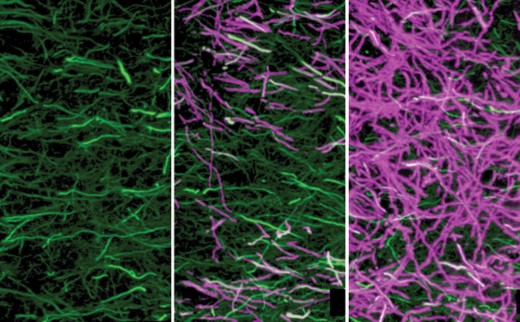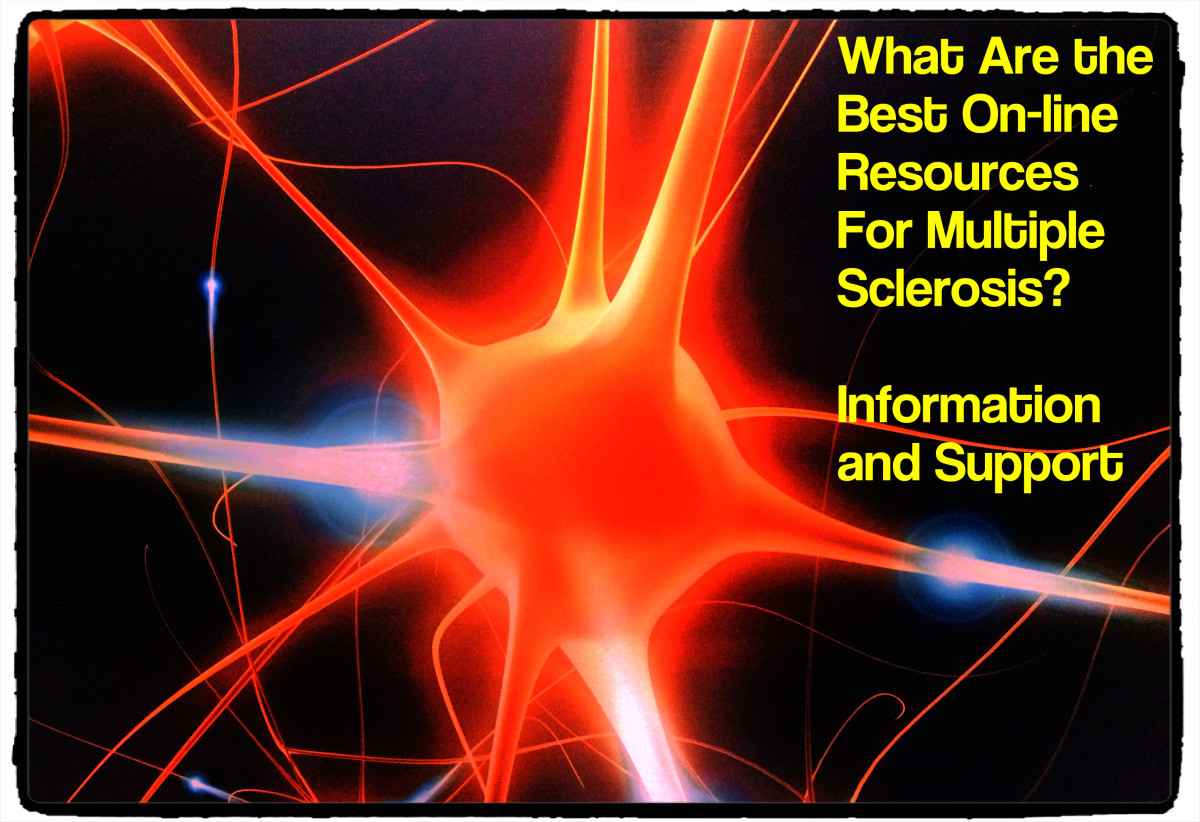Multiple Sclerosis: Gene Therapy for MS to Improve Brain Repair
Multiple Sclerosis (MS) is a devastating neurodegenerative disease that appears in 1 of 800 people among normal population. A major characteristic of this disease consist of a demyelinating process inside the central nervous system. Nerve tracts, precisely axons responsible for propagation of electrical impulse coming from our nerve cells, suffer a gradual degeneration of their major biological insulator, myelin tissue. As a consequence normal electrical impulses cannot be properly delivered. Not only myelin becomes degenerated, also oligodendrocytes - specialized cells for building myelin around the axon - start to work less efficiently.
"Researchers had been skeptical that a single factor could lead to remyelination of damaged cells. It was thought that you could use factors to stimulate the division and expansion of the progenitor population, and then add additional factors to direct those progenitors to turn into the mature myelin-forming cells. But in our mouse model, when we give our LIF therapy, it both stimulates the proliferation of the progenitor cells and allows them to differentiate into mature oligodendrocytes," says Benjamin Deverman, a postdoctoral fellow in biology at Caltech and lead author of the paper.
About viral vectors
Viruses are able to insert or modify host cell's DNA efficiently. This property allows to import foreign DNA sequences via a process called transduction. The procedure involve an artificial modification of the virus' genome, that will affect the targeted region of the host cell. Its effectiveness has low toxicity, and today molecular biologists are able to delete specific DNA regions responsible for instinctive viral replication, thus increasing the safety of this procedure and promote a goal-oriented attitude.
Gene therapy and Leukemia Inhibitory Factor (ILF)
Researchers at Caltech have shown in a mouse MS model a seemingly practical way to induce remyelinization process. Within the experiment, gene therapy was involved. Researchers extracted a specific protein called leukemia inhibitory factor (LIF) from progenitor stem cells.
How this therapy works?
By modifying a virus' DNA, a specific vector is inserted and then injected into the diseased organism. Following injection, this specific viral vector enters the target cell and modifies the expression rate of LIF.
What should we expect after gene modulation?
With the normalization of LIF gene, oligodendrocytes start to produce enough myelin to promote repair process. Normally, the brain has the ability to fulfill axon's demands for myelin maintenance by generating oligodendrocytes, however this process often fails to produce enough quantities.
Are there other benefits happening after gene therapy?
As oligodendrocyte production becomes restored, abnormal autoimmune reactions causing demyelination seem to be gradually supressed.

"The way this gene therapy works is to use a virus that can deliver the genetic material—LIF—into cells" "This kind of delivery has been used before in humans, but the worry is that you can't control the virus. You can't necessarily target the right place, and you can't control how much of the protein is being made," says Paul Patterson, the Biaggini Professor of Biological Sciences at Caltech and senior author of the study.
Now scientists are going to develop better viral vectors for better outcomes. It is known, the placing LIF directly into the brain has a lower potential of side effects than traditional injection via bloodstream. Nevertheless more MS mouse models are required to confirm LIF therapy's effectiveness, this intervention could serve as a promising option among MS patients. According to Deverman's point of view, it isn't enough to modulate or suppress immune reactions proven to promote myelin degeneration. Therapies like LIF regulation would play a crucial role in restoring core repair processes rather than simple immune suppression that is going to be a dead end option nowadays. If this treatment will show approximately good outcomes, there is a high chance to avoid late relapse of Multiple Sclerosis.
Disease related articles
- CCSVI: A Possible Cause of Multiple Sclerosis (MS)
A promising discovery made by Italian surgeon and researcher Paolo Zamboni could mean a milestone treatment for patients affected by Multiple Sclerosis. The condition is called CCSVI or CCVI.








